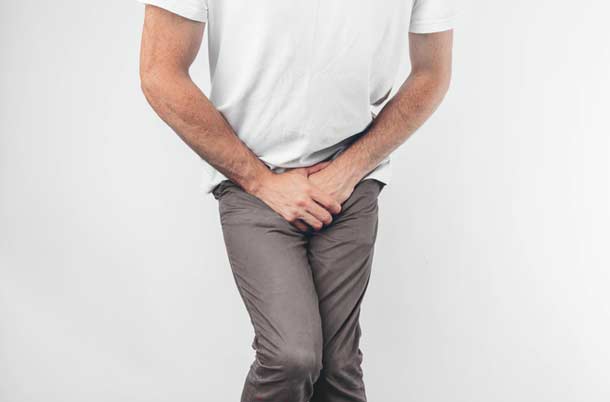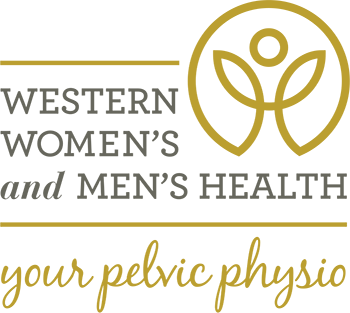
15 Jul Understanding Post Micturition Dribble and Urethral Milking: A Pelvic Floor Physiotherapist’s Perspective
Post-micturition dribble and urethral milking are two common issues that many individuals, particularly men, encounter but often overlook. These problems can significantly impact daily life and even hint at underlying pelvic floor dysfunction. As a pelvic floor physiotherapist, it’s crucial to shed light on these conditions, their symptoms, prevalence, contributing factors, and the role of physiotherapy in managing them.
Post Micturition Dribble (PMD)
Post-micturition dribble refers to the involuntary loss of urine immediately after completing urination. It occurs when the urethra doesn’t completely empty, leading to urine leakage after voiding. Symptoms of PMD include:
- Dribbling or leaking of urine after urination
- Feeling of incomplete emptying of the bladder
- Increased frequency of urination
- Discomfort or irritation in the genital area
The prevalence of PMD varies across different populations, but studies suggest it affects a significant portion of men, especially as they age. Factors contributing to PMD include:
- Weak pelvic floor muscles
- Prostate enlargement (benign prostatic hyperplasia)
- Nerve damage due to diabetes or other conditions
- Urinary tract infections (UTIs)
- Medications affecting urinary function
Pooling of urine in the urethra due to incomplete emptying exacerbates PMD symptoms. This residual urine can lead to irritation, discomfort, and even increase the risk of UTIs if not addressed promptly.
Role of Pelvic Floor Physiotherapist
Pelvic floor physiotherapists play a crucial role in managing PMD by addressing underlying pelvic floor dysfunction. Through targeted exercises, education, and lifestyle modifications, they aim to:
- Strengthen pelvic floor muscles to improve bladder control and support urethral function.
- Teach techniques for complete bladder emptying to reduce residual urine.
- Address contributing factors such as poor voiding habits, muscle weakness, or tightness.
- Provide behavioural strategies to improve urinary habits and reduce symptoms.
Urethral Milking
Urethral milking is a technique used to manually assist in the emptying of the urethra after urination. It involves applying pressure along the underside of the penis from the base towards the tip to expel any remaining urine. While this technique can sometimes alleviate symptoms of PMD, its use should be monitored, especially if symptoms persist or worsen.
When to Seek Help
While occasional post-micturition dribble may not be cause for concern, persistent or worsening symptoms warrant evaluation by a healthcare professional, including a pelvic floor physiotherapist. Seek help if you experience:
- Frequent or persistent PMD despite lifestyle modifications.
- Painful urination or blood in urine.
- Difficulty starting or stopping urine flow.
- Changes in urinary habits or bladder control.
In conclusion, post-micturition dribble and urethral milking are common yet often overlooked issues that can significantly impact the quality of life. Pelvic floor physiotherapy offers effective strategies for managing these symptoms and addressing underlying pelvic floor dysfunction. Don’t hesitate to seek help if you’re experiencing persistent urinary issues – a pelvic floor physiotherapist can provide personalized care to improve bladder function and overall well-being.
Booking an appointment with a pelvic floor physiotherapist
To make an appointment with a pelvic floor physiotherapist, contact our Clinic on 9749 5110 or book an appointment online today.
